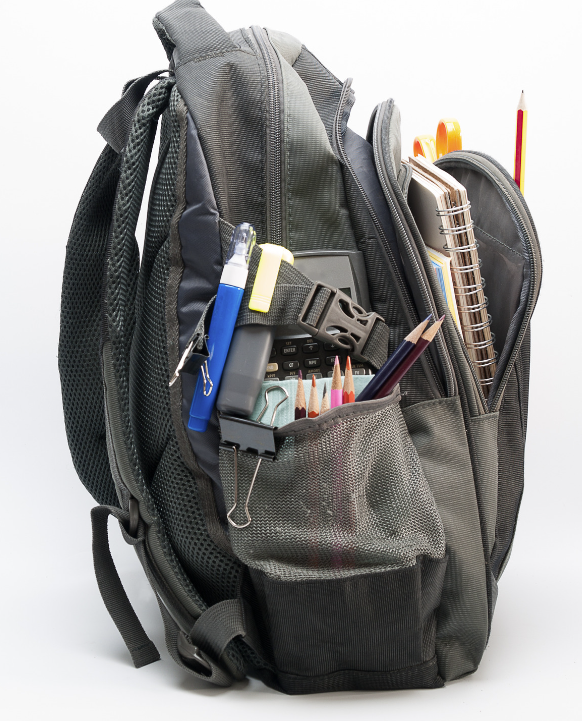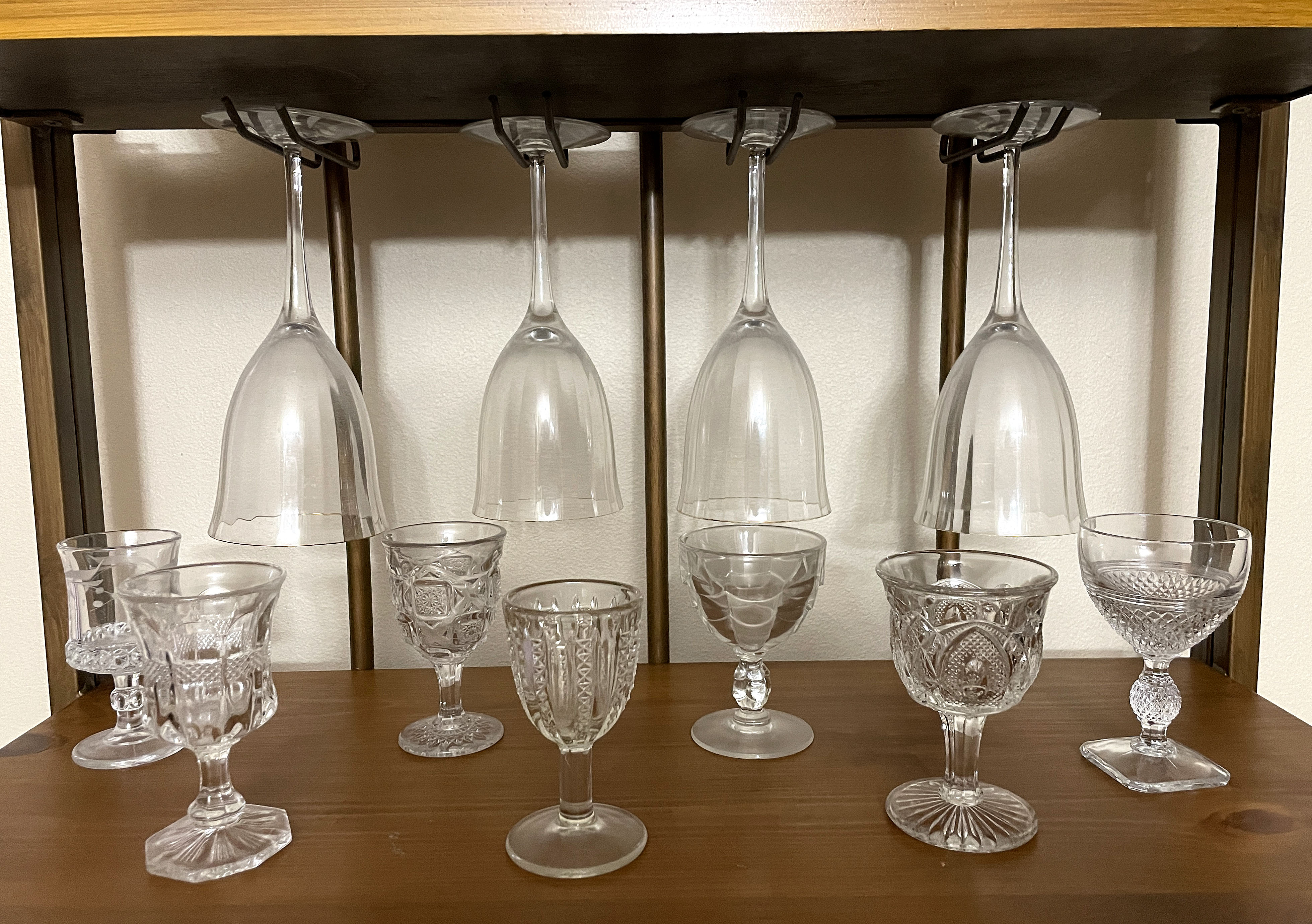When I was a new teacher, I applied for a job in a small town in northwest Washington. I remember driving into town wearing my most professional skirt suit, firmly ensconced in my big old pickup truck. It was a beautiful drive from my house 52 miles away on country roads they brazenly labeled highways. As I drove up to the small office where I was to have my interview, I instantly knew this town was where I was meant to be. I can’t explain it really. I just had this sense of peace and clarity that I was in a place that fit (See my post A Life That Fits). I was young – about half my current age. Though I felt like a grown up, my youth must have been obvious as I stood teetering on high heels, tightly clutching the briefcase my dad had custom made for my graduation by the saddle maker in our hometown. I can’t imagine what I even held in that briefcase beyond a copy of my resume and maybe a legal pad. The superintendent’s assistant was kind and must have sensed my apprehension because she tried to put me at ease by talking about the high school where I was hoping to work. The time came for me to walk the short distance down a narrow cream-colored hall to meet the superintendent and principal. They were gruff men but that did not deter me for I had a lot of experience working with and for the sensitivity impaired. I don’t recall much about the interview except the last question. The principal, who reminded me of a cowboy from a B western, leaned in with forearms to the table and said, “What have you ever done that would prepare you to be a high school teacher?” At first, I thought that I must have completely failed in answering the last hour’s worth of questions. Clearly, he had heard nothing I said about my education, training or experience. But then I realized that he simply wondered if I could pull this off. And then it came to me and I replied, “I worked graveyard admitting in the emergency room. Nothing rattles me.” It was a bold statement, but I knew any chance I had of getting this job lived or died on my response in that moment and I wanted that job. He looked me in the eye beneath his jet-black bangs, took one breath and stated, “You’re hired.” I was relieved and terrified in equal measure. Above all emotions, I was determined to show him that he had chosen well.
I started in the fall and worked hard to prove myself. The principal was terse, but I liked him well enough. I was coaching three sports and trying to survive my first year in a new school. I often drove home late at night after a bumpy ride on a crowded, sweat-scented school bus from schools as far away as the Canadian border only to leave again before dawn to head back to work. Needless to say, it was stressful especially when winter came, and the days were short, the roads were icy, and the basketball team was losing. I loved the kids though. And teaching was everything I thought it would be. I reveled in watching the light bulbs go off. Science was always magical to me and I wanted so much to ignite that sense of wonder in my students. I had one student who seemed on a good day unimpressed and on a bad day downright contentious. I tried to engage him but slowly he worked his aversive therapy on me and, I am not proud to say, I stopped giving him the attention he was after. Of course, at the time, I did not realize this was happening. I was too inexperienced, and self-preservation was my focus. One day as he was waiting near my desk to talk to me, he started to play with the faucet at the table where I often demonstrated labs. I saw him from the corner of my eye and in my haste, with many students lined up for help, I told him quite directly to stop playing with the faucet. I looked over again and he looked me directly in the eyes. I small smirk washed over his face and, in one swift motion, he broke the neck of the faucet. A geyser erupted, and I ran to the water shut off valve. In probably not my best teacher voice (probably closer to a crazy-neighbor-lady-who-is-sick-of-dogs-pooping-on-her-lawn voice), I sent him to the office. I was furious. He broke my faucet! With malicious intent. With a smile on his face! I had enough.
My recommendation to the office was for swift and severe consequences, so I was taken aback when he opened my classroom door at the end of the day. I was about to send him packing when the principal appeared in the doorway behind him. The student stood silently looking at the floor, hands shoved deeply in his pockets. In that moment, he seemed younger than his 15 years and, in some ways, even fragile. A couple of awkward moments passed as I wondered what I was supposed to say. I felt like the words bouncing around my head were clearly wrong, but I am human, and I was still pretty upset that he vandalized my faucet. Finally, the principal cleared his throat in a low and measured growl. The student looked at him like he was being sent to the gallows and slowly turned to face me. In the smallest voice, he apologized for breaking my faucet. He didn’t offer a reason for his actions. Instead he walked toward the faucet, principal in tow. As he moved, I could see that the principal was carrying a tool box. Without saying a word to me, he set the toolbox down on the weather linoleum floor and took out a wrench. As he handed the wrench to the young man, he explained in patient detail exactly how to fix the faucet. As they worked, I listened. He did not lecture the boy on responsibility or condemn him for his actions. Nor did he engage me in the lesson. But I realized that I was a part of it. He could have fixed the faucet anytime, but he chose a time he knew I would be in my room grading papers after school. He was teaching the boy to make things right. And he was teaching me to forgive a young man who had not learned that lesson yet. When they finished, they packed away the tools. I thanked the young man for fixing my faucet. The smallest of smiles washed across his face. I wished I had thanked my principal for the lesson that day. Apologies are great. We should apologize when we harm others. More importantly, we should make things right. We should take action that shows real accountability beyond words and restores our relationships.
I chose this series of pictures because they are a great example of making things right. These two have been like sisters from the moment the younger entered the world. As sisters can, they sometimes step on each other’s last nerve. On this particular day, we were traveling across the Sound for the weekend. We had been stuck in ferry traffic for hours and the younger was getting restless. The older was losing patience. As they sat on the ferry, the younger made things right by making her friend laugh at her antics. She made a hat out of her napkin and wore it until the giggles took over.














Leave a Reply